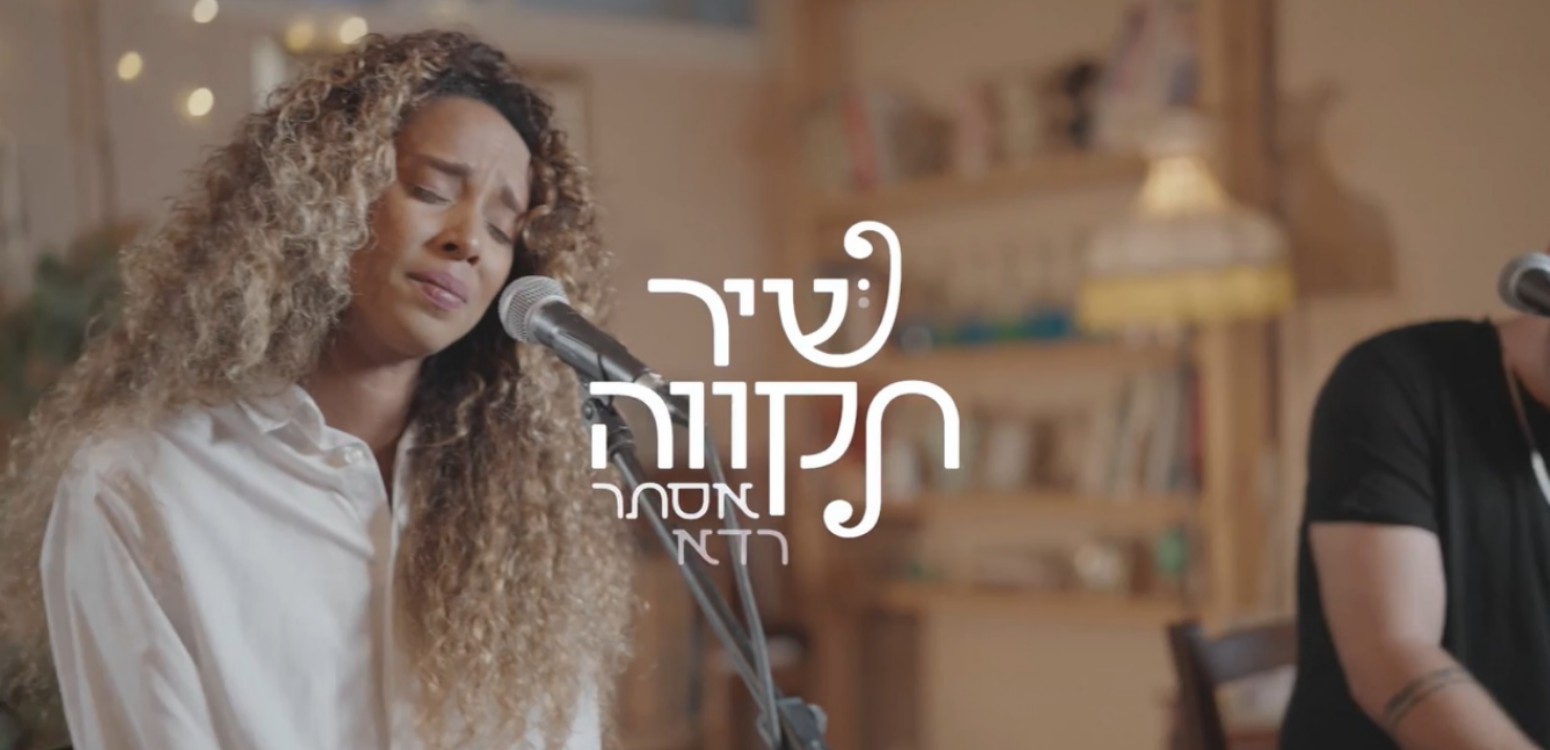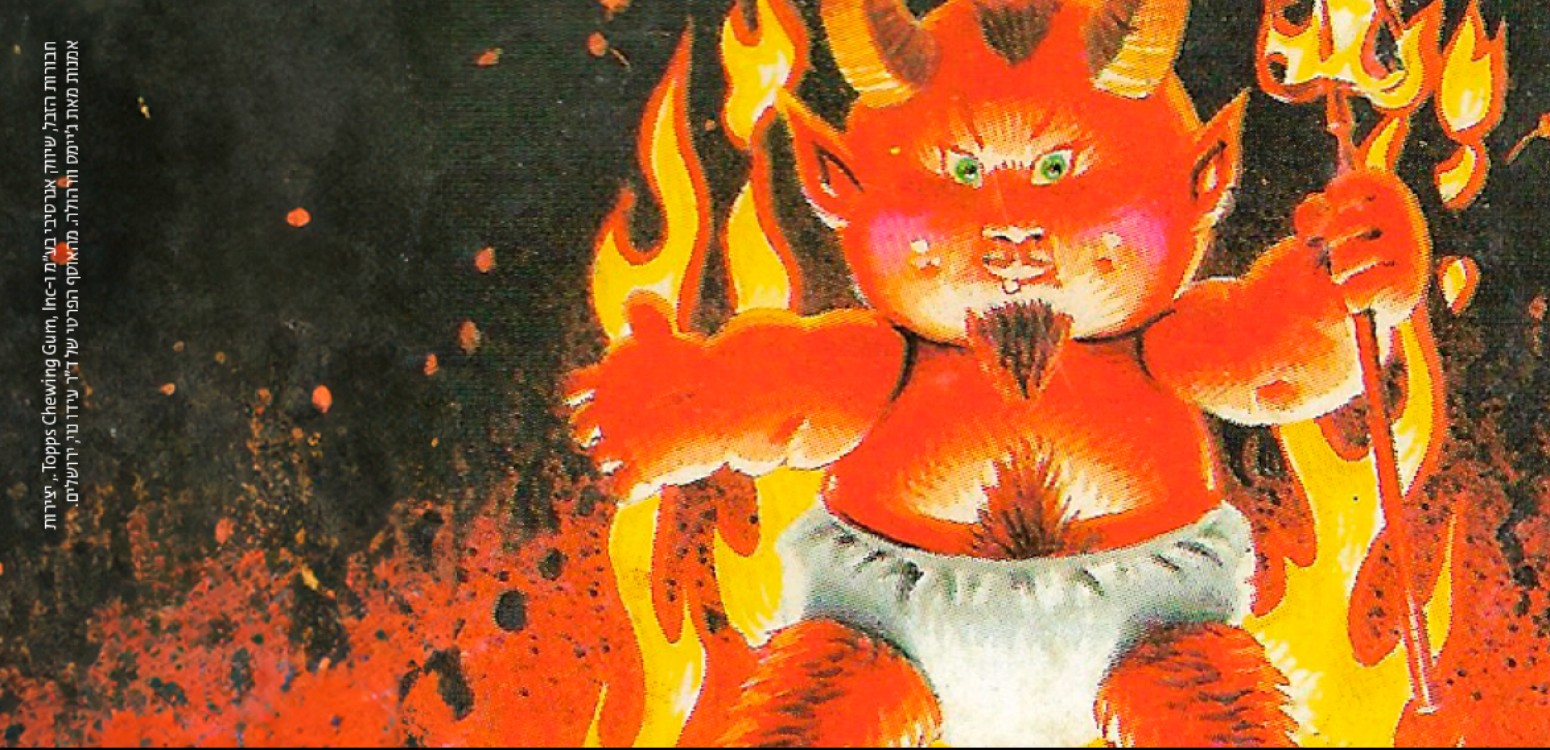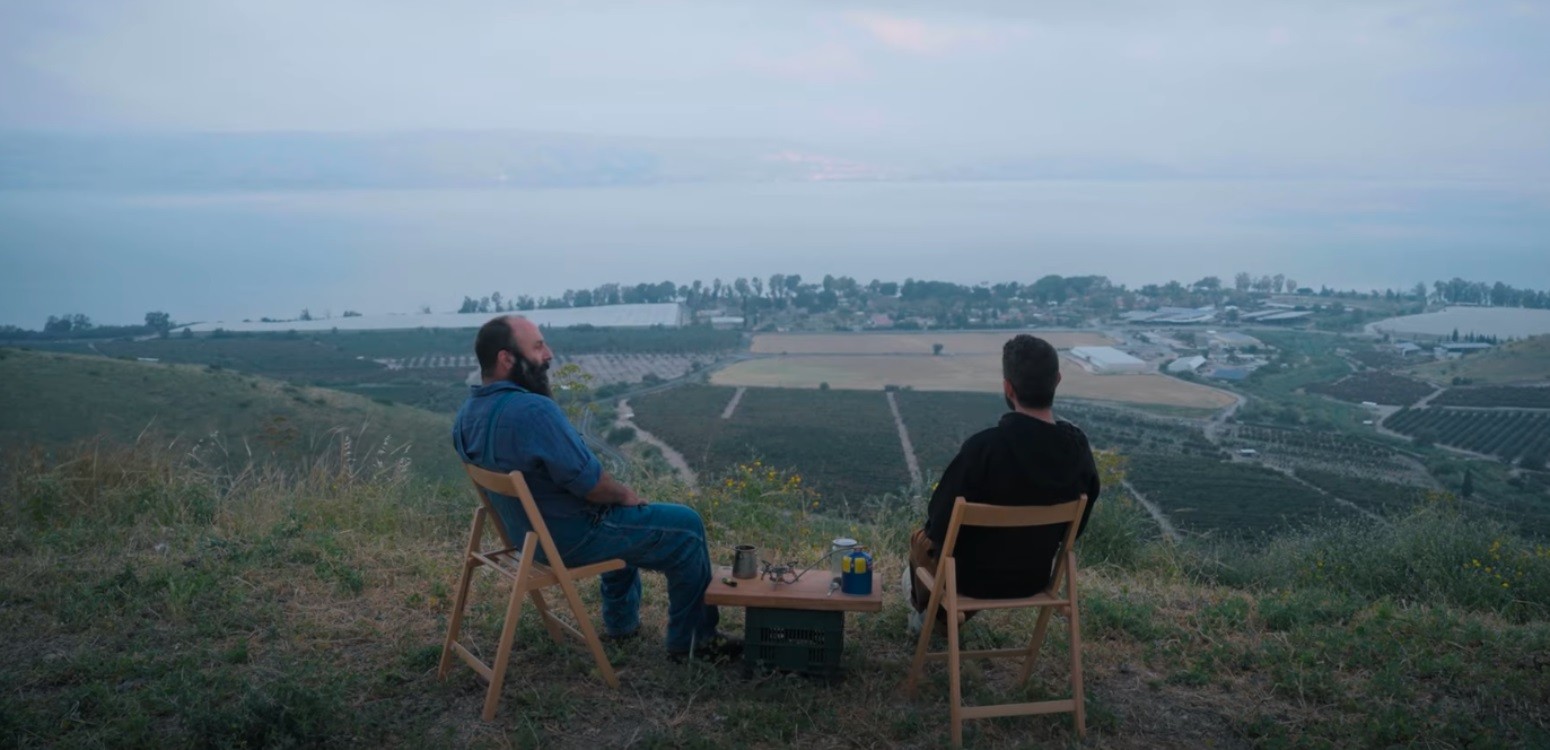Other episodes in the series
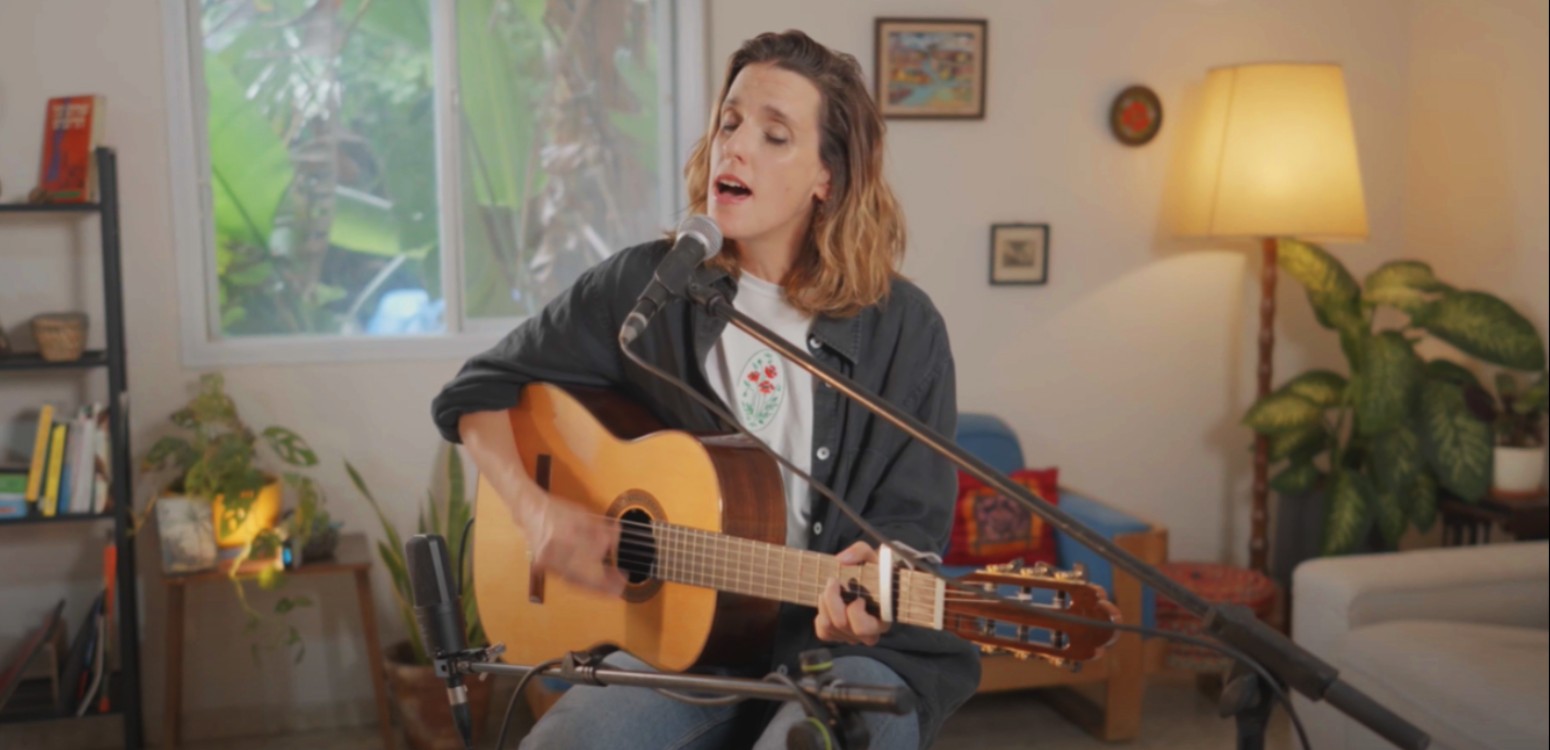
Music
Video
November 02, 2023
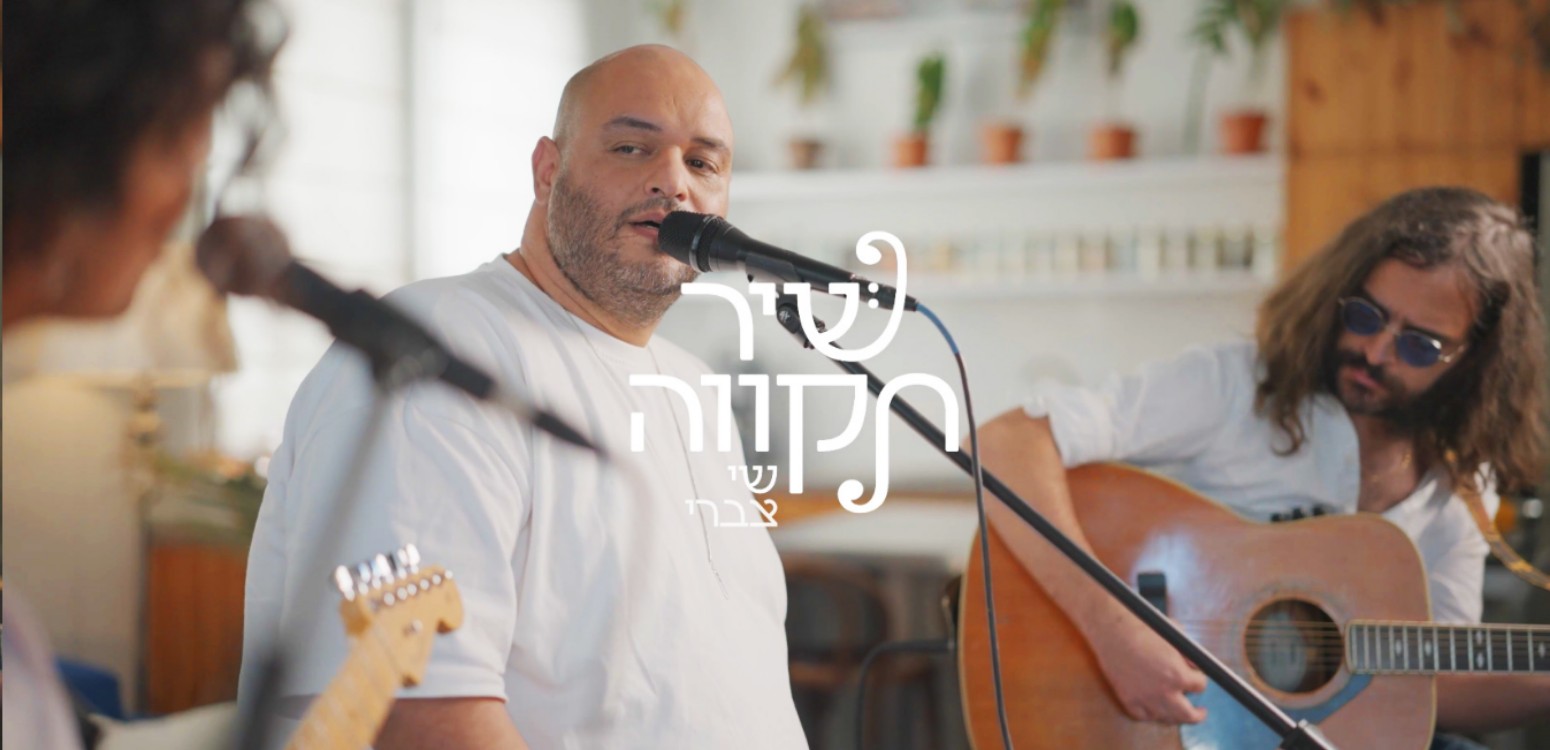
Music
Video
November 19, 2023
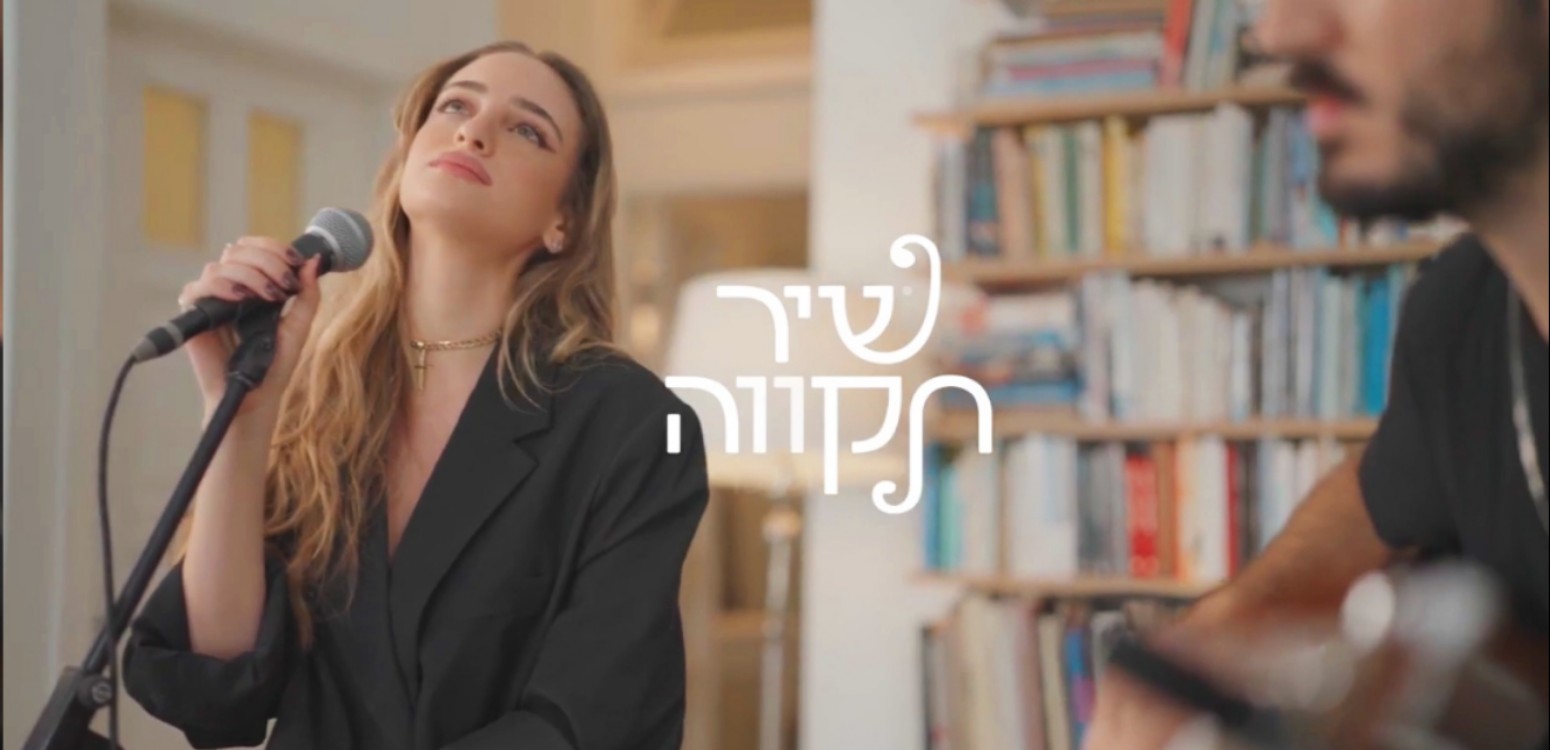
Music
Video
December 07, 2023
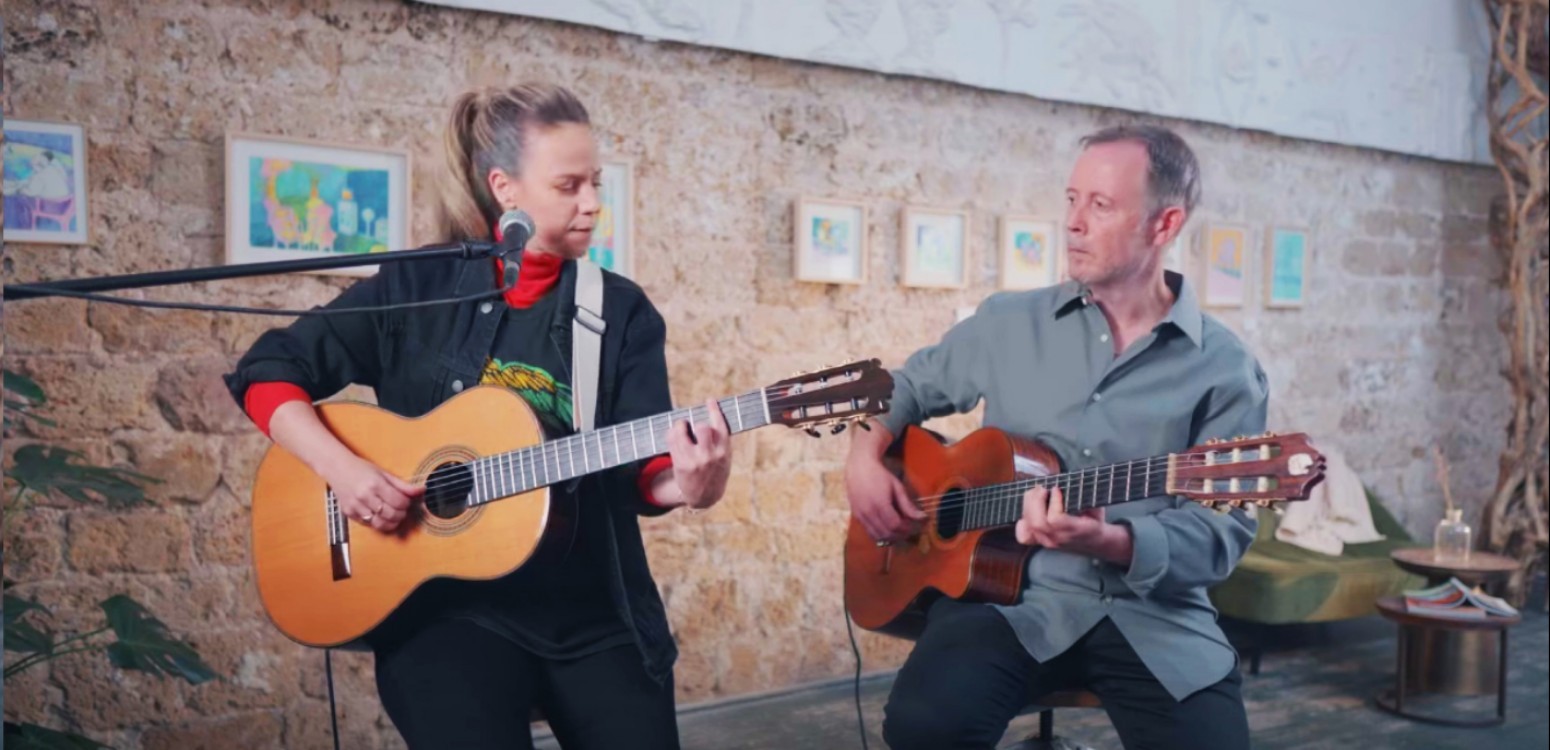
Music
Video
March 17, 2024
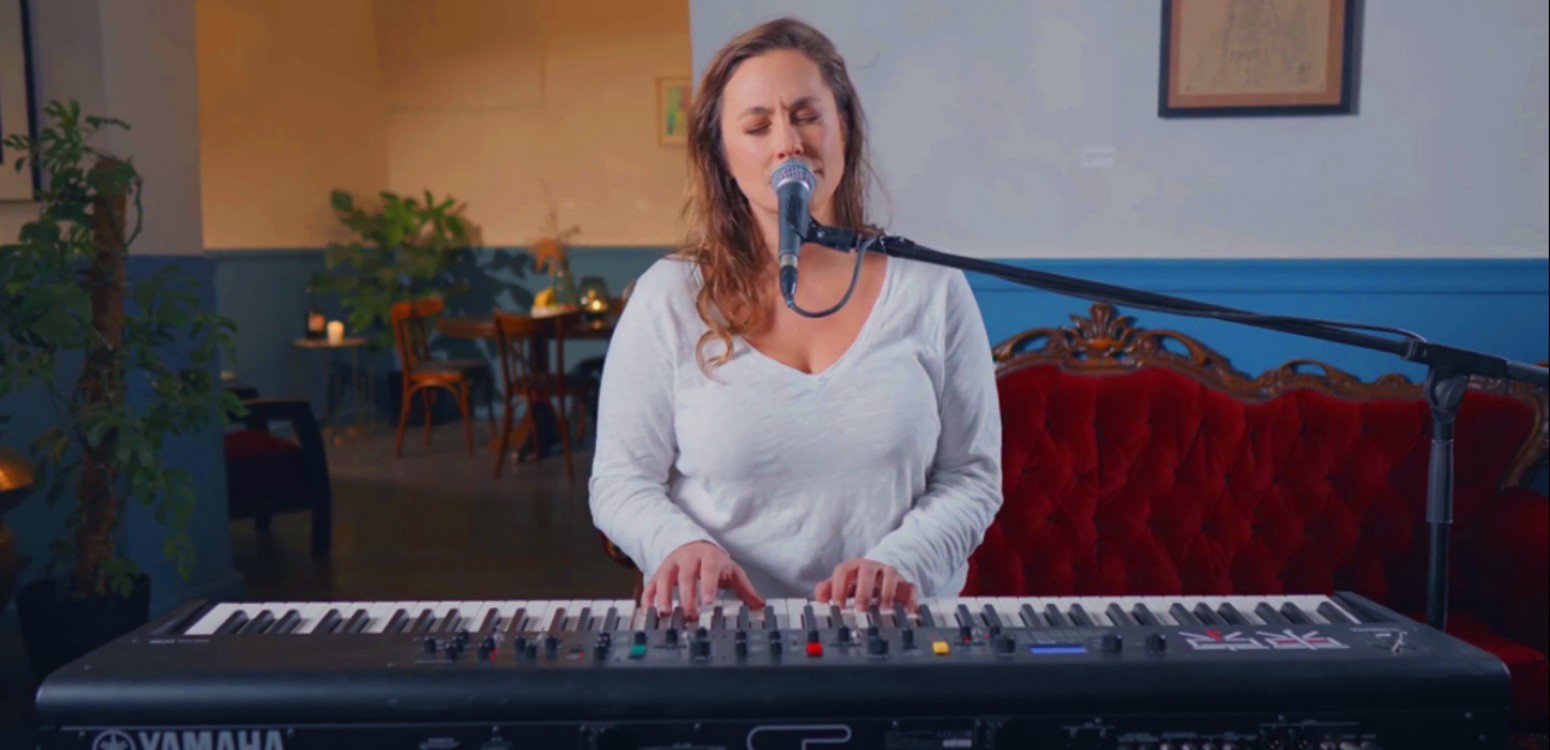
Music
Video
March 18, 2024

Music
Video
December 01, 2024

Music
Video
October 01, 2024
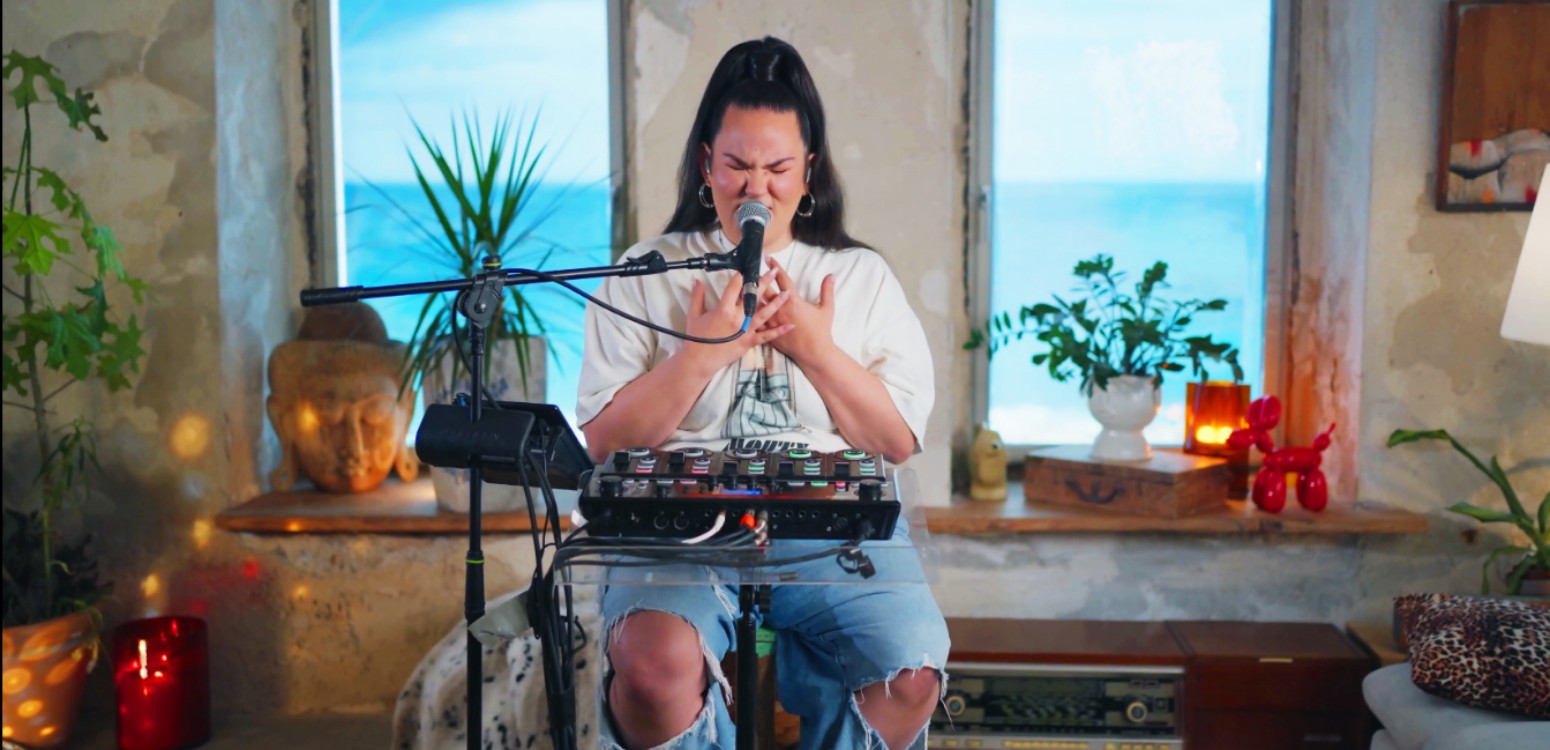
Music
Video
May 15, 2024
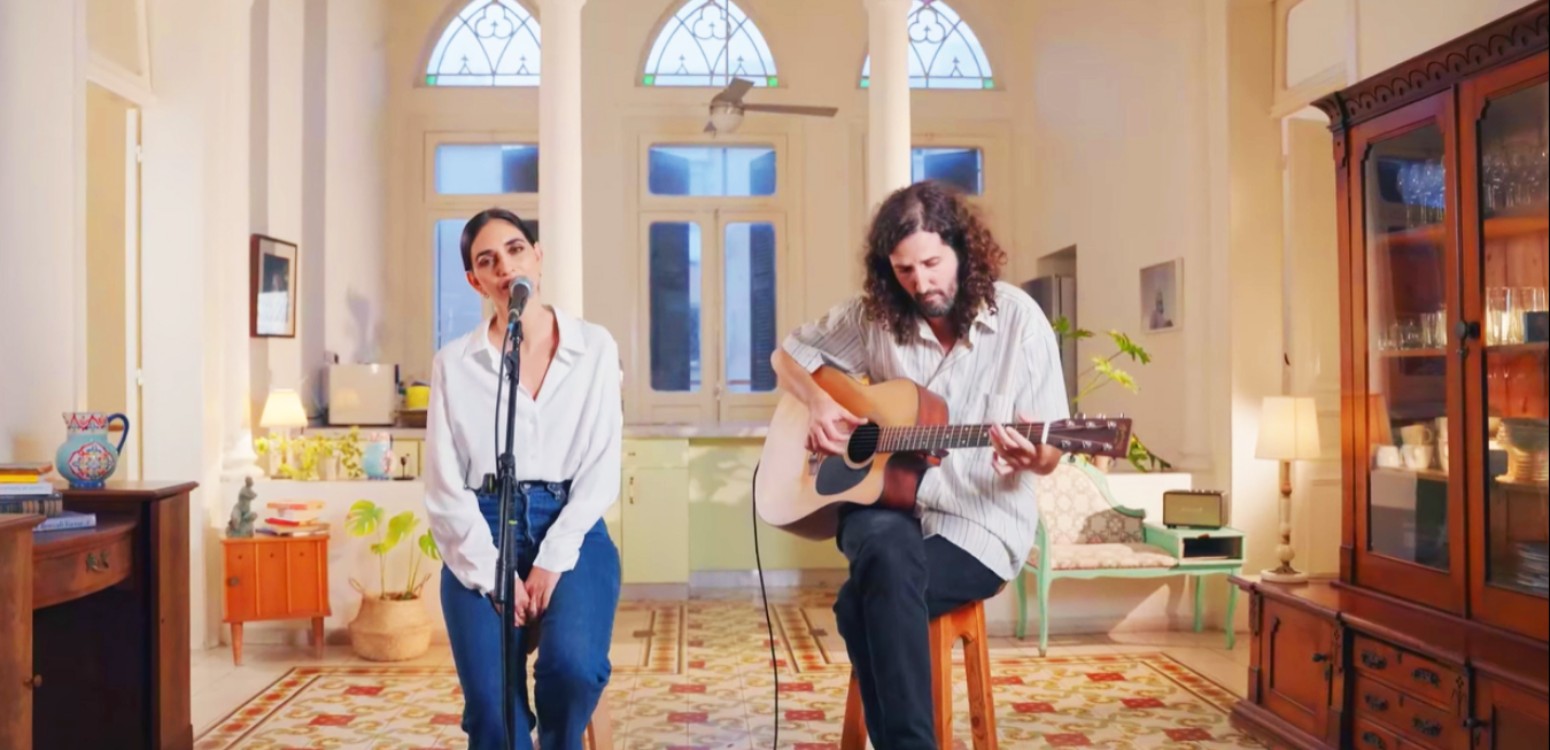
Music
Video
May 01, 2024

Music
Video
September 26, 2024
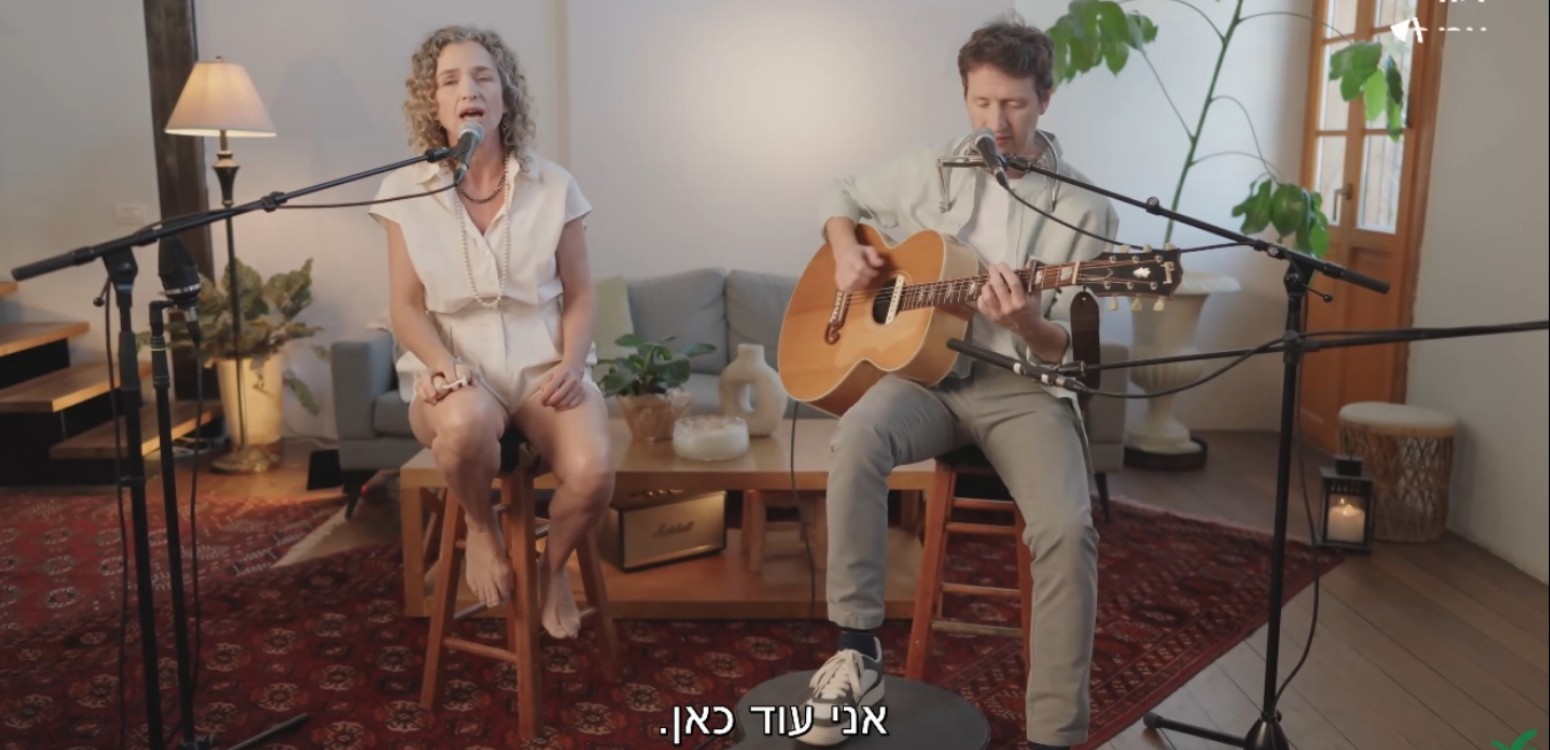
Music
Video
December 03, 2024

Music
Video
February 12, 2025
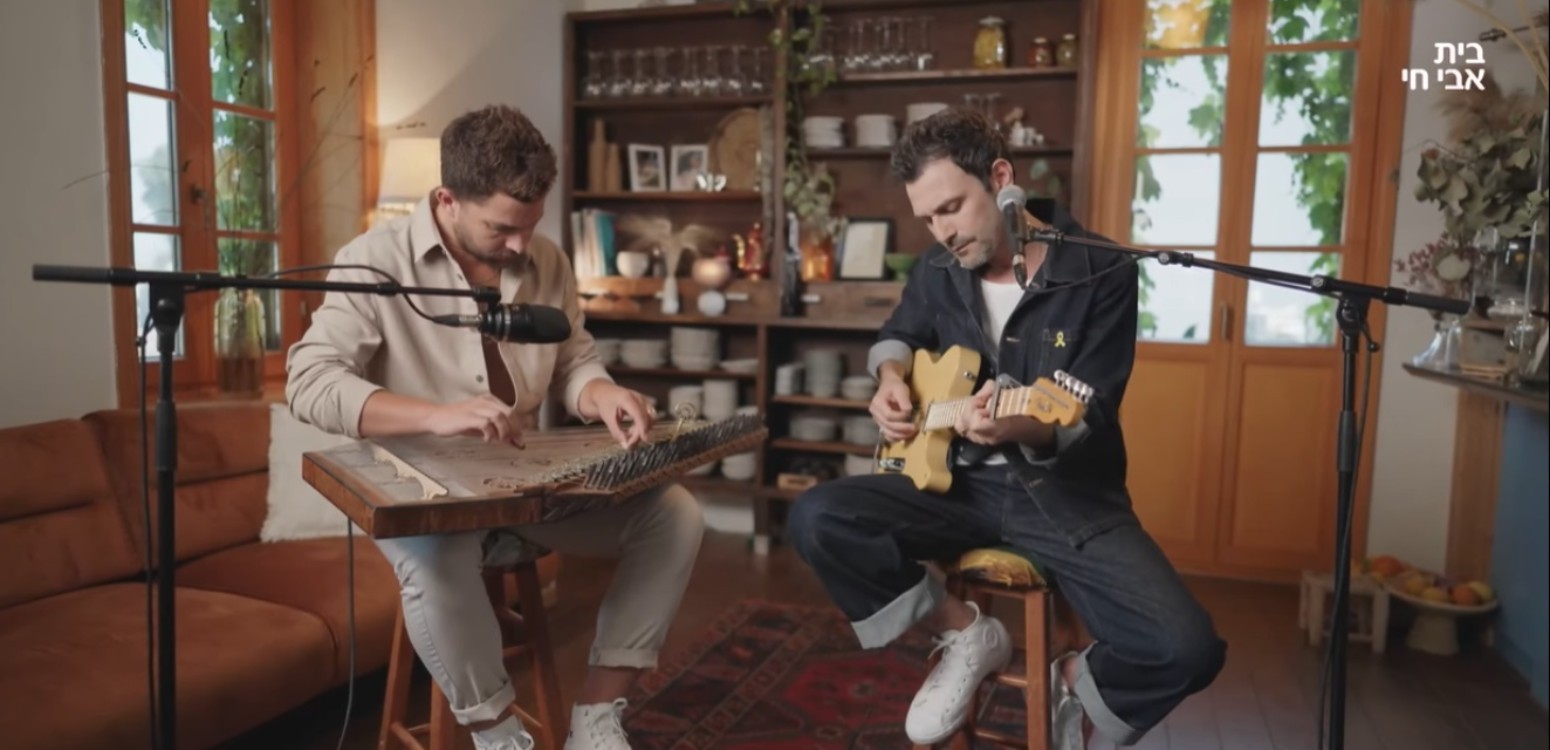
Music
Video
February 19, 2025
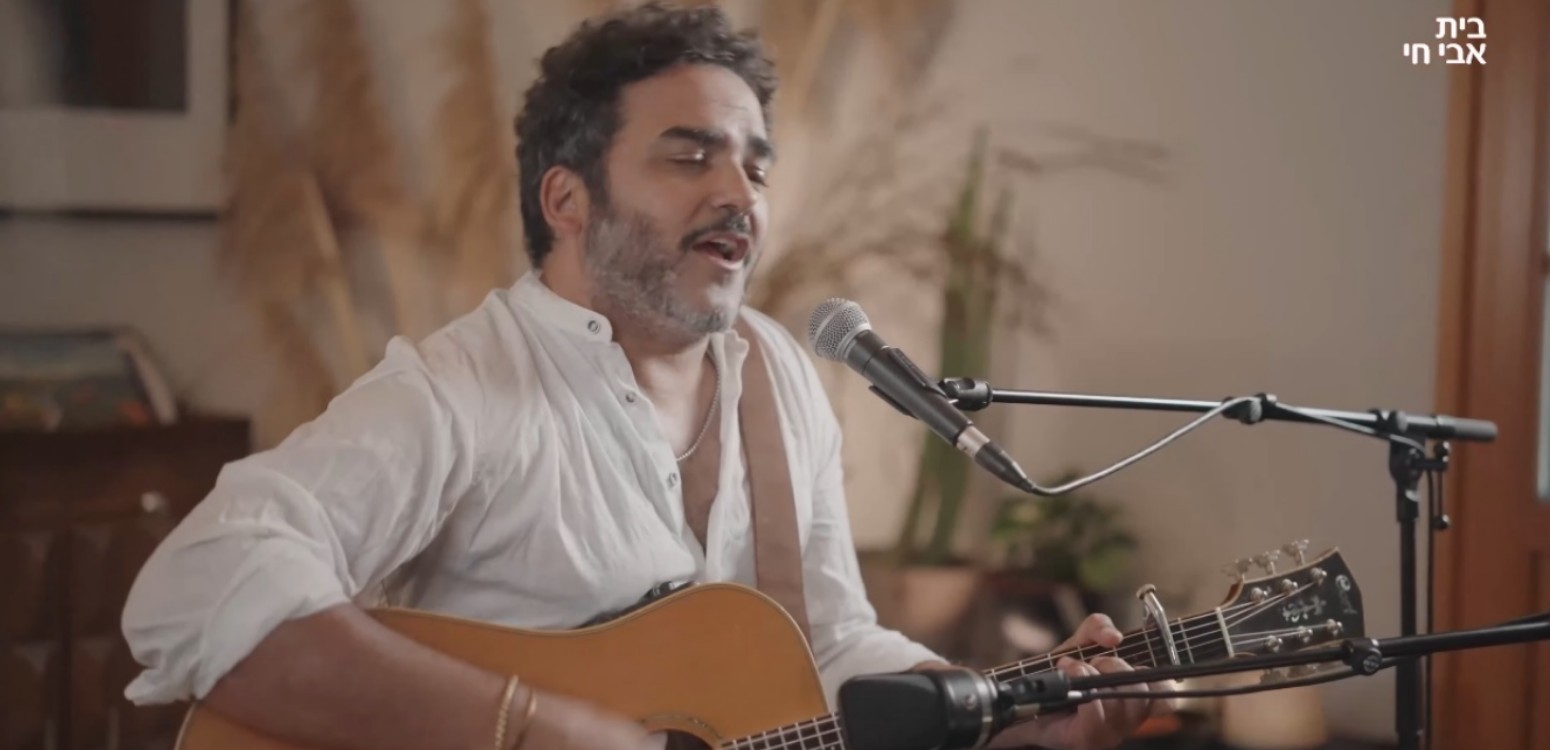
Music
Video
July 31, 2024
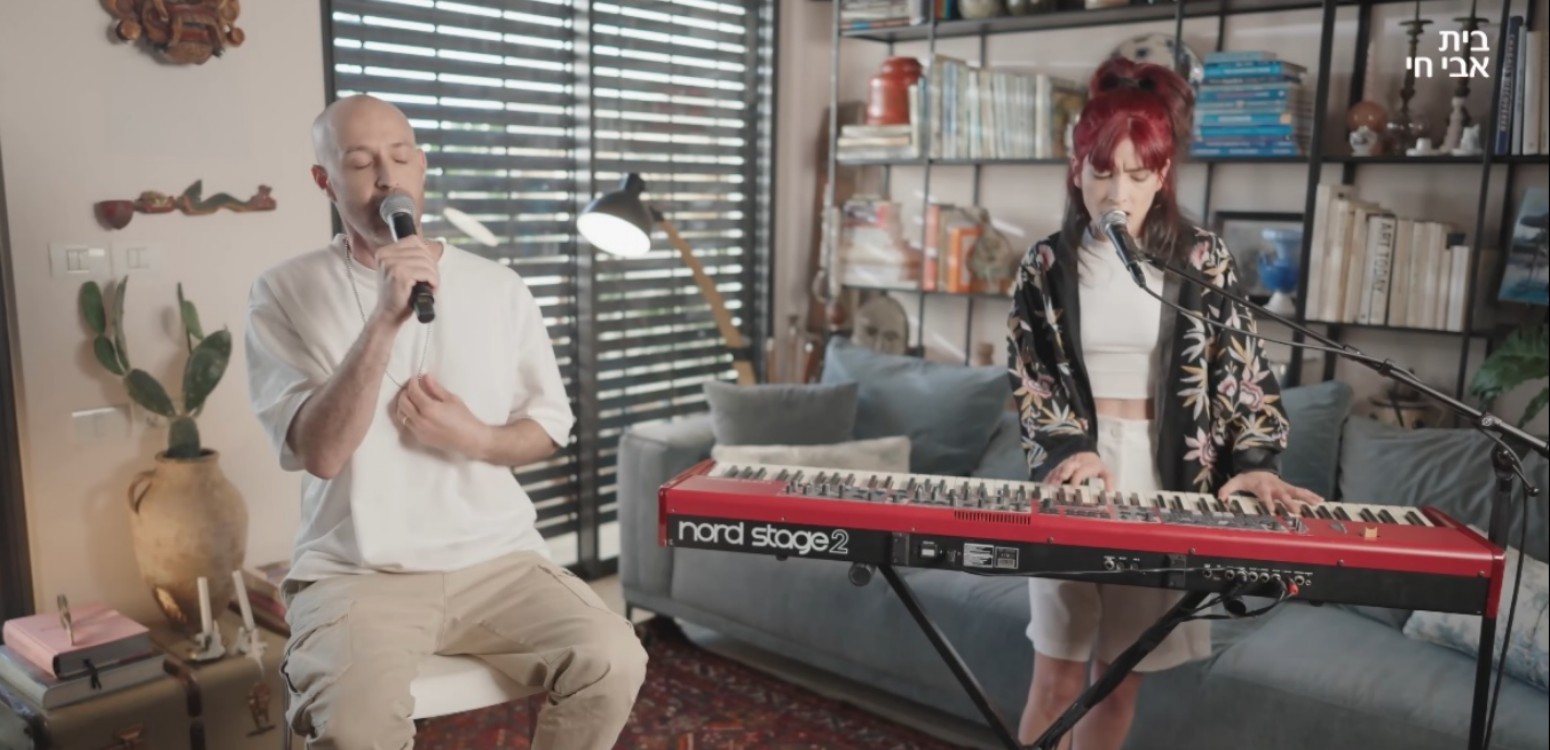
Music
Video
August 29, 2024

Music
Video
September 16, 2024
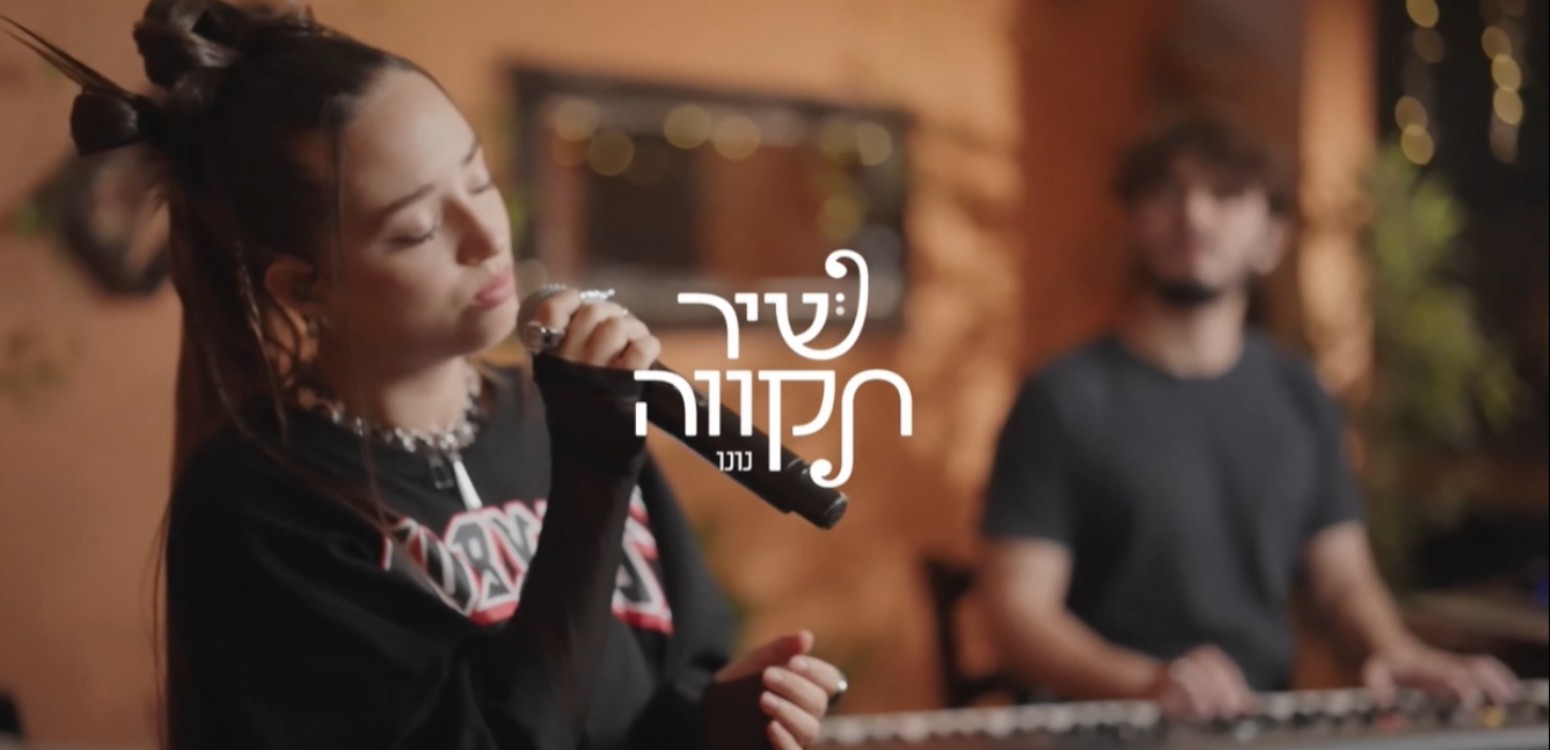
Nunu - Geshem (“Rain”)
Series:
Song of Hope
Music
Video
March 19, 2025
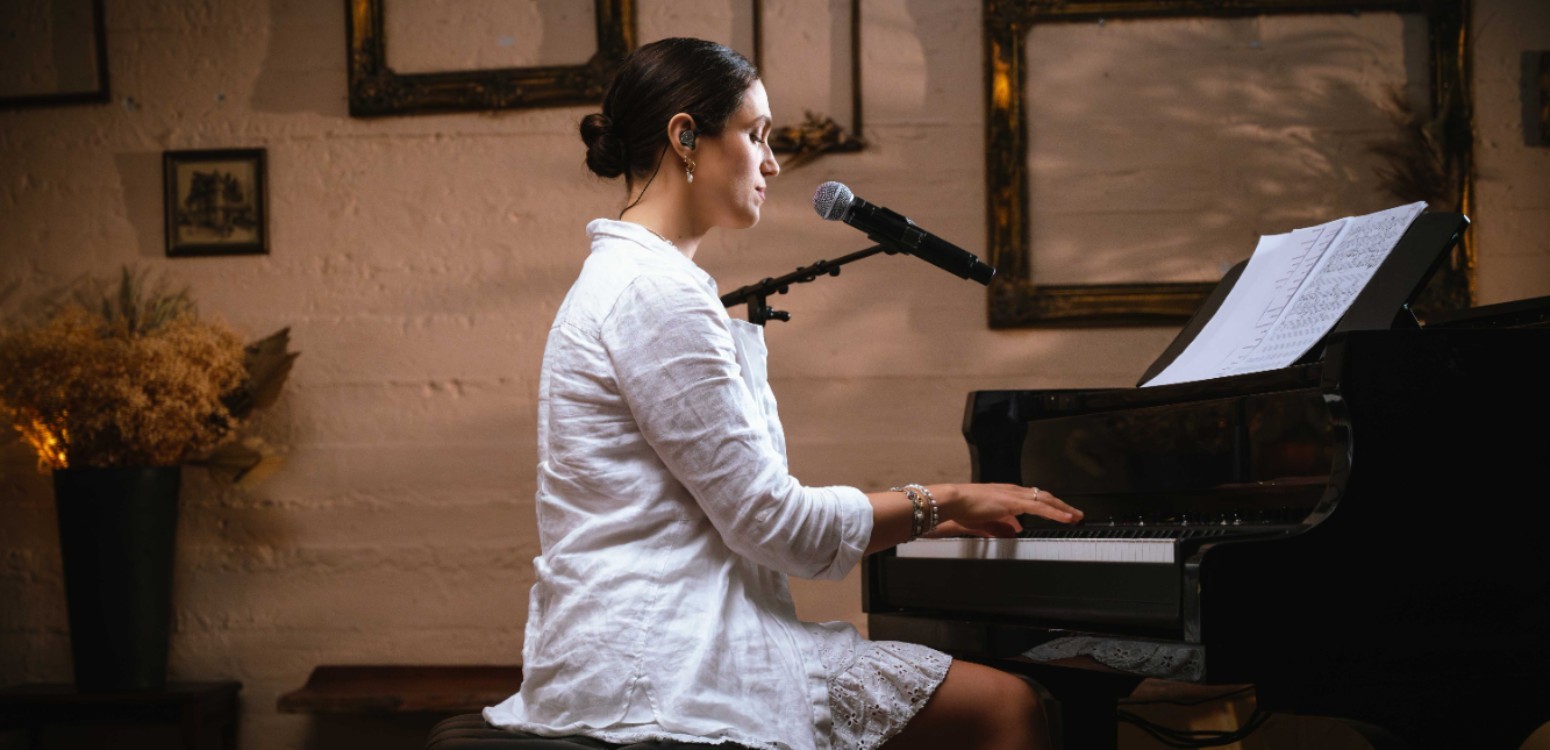
Music
Video
March 05, 2025
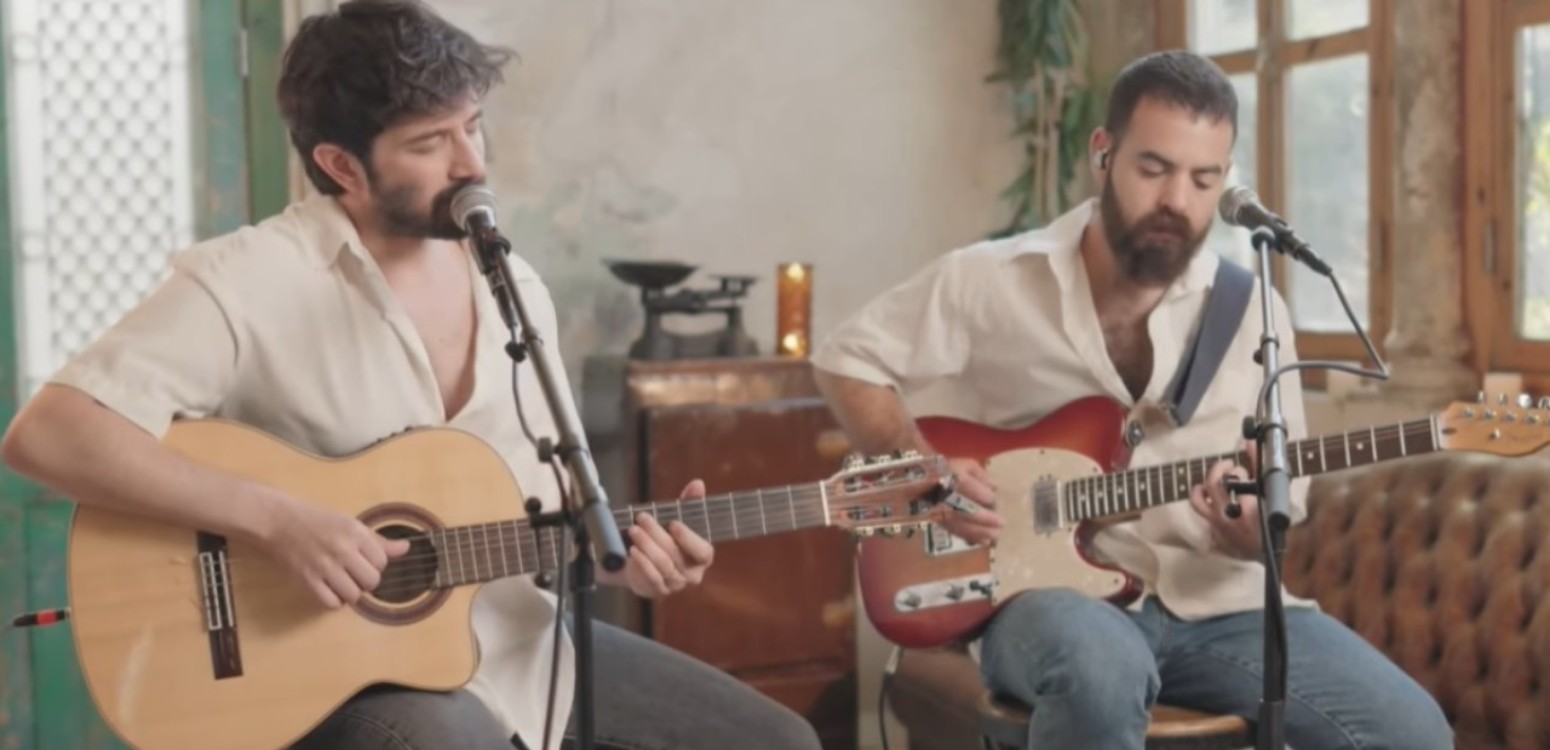
Music
Video
March 12, 2025
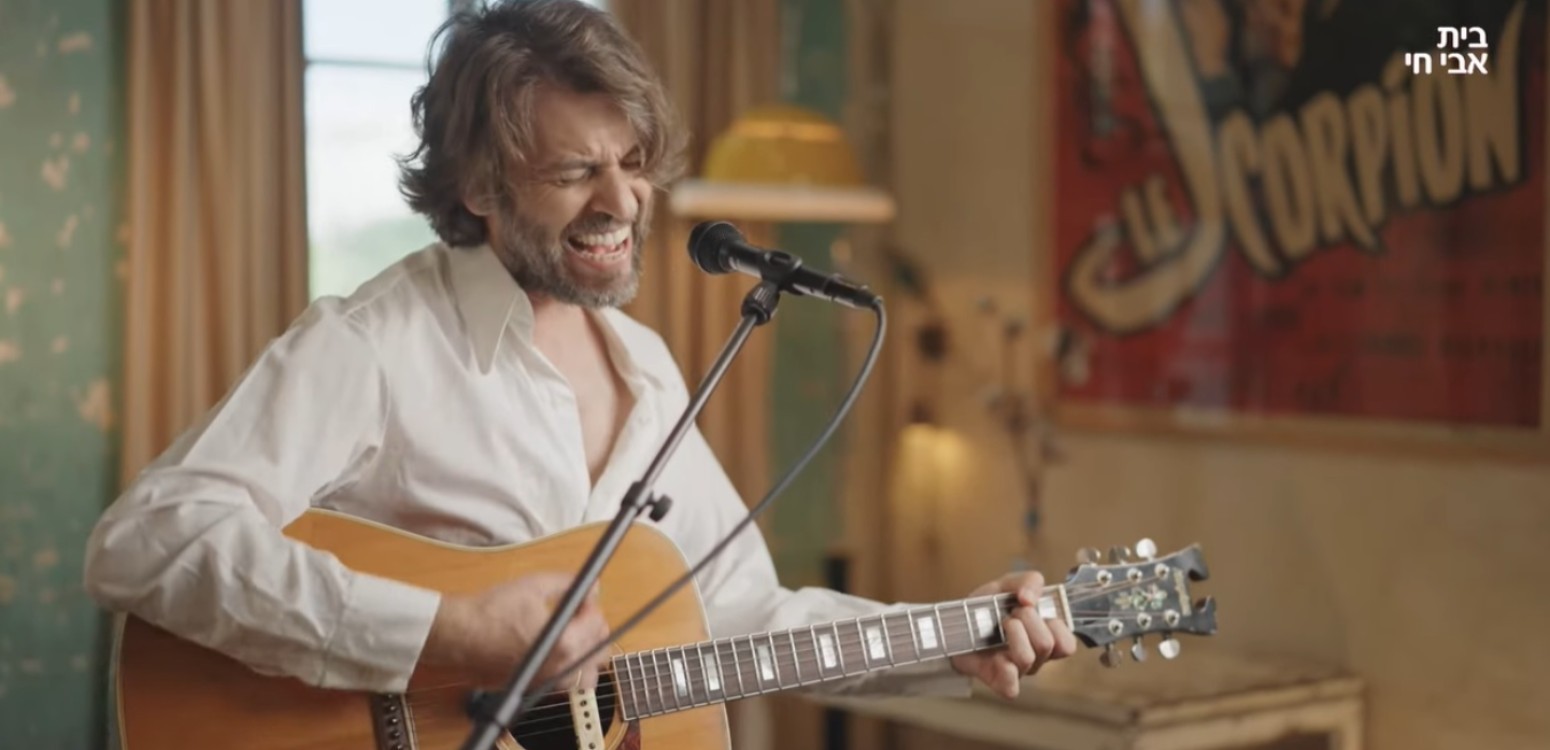
Music
Video
February 26, 2025
